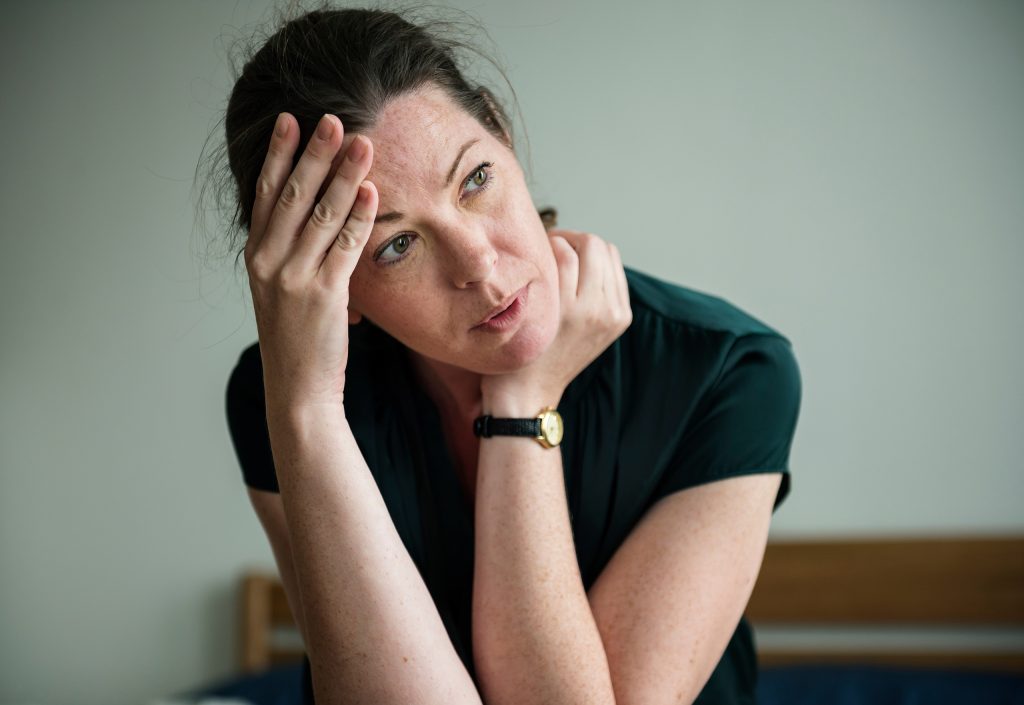The Spark Blog
Category: mental health

Self-harm: The Truths and the Myths
Self-harm, or to give it it’s up to date classification ‘non-suicidal self-injury (NSSI), is defined in the NHS dictionary as ‘deliberate injury to oneself, typically as a manifestation of a psychological or psychiatric disorder.’ Self-harm is basically behaviour where deliberate harm is done to oneself. This is predominantly a way of coping with overwhelmingly upsetting…
/

Adolescence: 4 Truths Adults Need to Know
Adolescence can be one of the most emotionally turbulent times in a person’s life; hormones, changing responsibilities, the rewiring of the prefrontal cortex of the brain and difficult social and emotional situations can all take a toll on the emotional wellbeing of even the healthiest teen. In this article, Counsellor Joanna Herman-Waddell shares her experience of working with…
/

6 Ways to Keep a New Year Resolution
January is probably most famous for New Year resolutions. It is also famous for something else: the complete failure of New Year resolutions before the end of the month. No matter whether your New Year resolution is to lose weight, keep date night with your spouse sacred or actually take a lunch hour, here are…
/

Anxiety: 6 Self-care Tips From a Psychotherapist
Anxiety can be described as “distress or uneasiness of the mind caused by fear of danger or misfortune.” In some situations, it can be very helpful and even life-saving. As John-Roger and Peter McWilliams explained in their seminal book ‘You Can’t Afford the Luxury of a Negative Thought’, an element of anxiety was essential to…
/

How to support your relationship in retirement
Most couples look forward to retirement, eager to spend more quality time together. Free from the constraints and pressures of work it is a chance to relax and, especially if the nest is empty, an opportunity to embrace hobbies new and old. The reality of this major life transition can, however, be very different. Couples…
/

Loss: how to help children and young people cope
Change is an inevitable and necessary part of growing up. With every change there is an element of loss, even when the changes are welcome. Whether it is the grief that comes with the loss of a favourite toy as a child or the death of a beloved grandparent, change creates difficult transitions. We are…
/

Understanding anger for parents
Along with happiness and sadness, anger is perhaps one of the most common emotions we experience in everyday life. We all experience anger in different ways but it can often become an easy ‘go-to’ emotion for children and adolescents. By understanding anger and, in particular, what lies beneath it, parents can better support children and…
/

What makes you happy?
If you search “what makes you happy” Google will offer you roughly 2.5bn results to consider. A similar search on Amazon will offer up over 100,000 books and DVDs on the subject of being happy. On the basis of these two statistics alone, we can say with a degree of confidence that a lot of…
/








